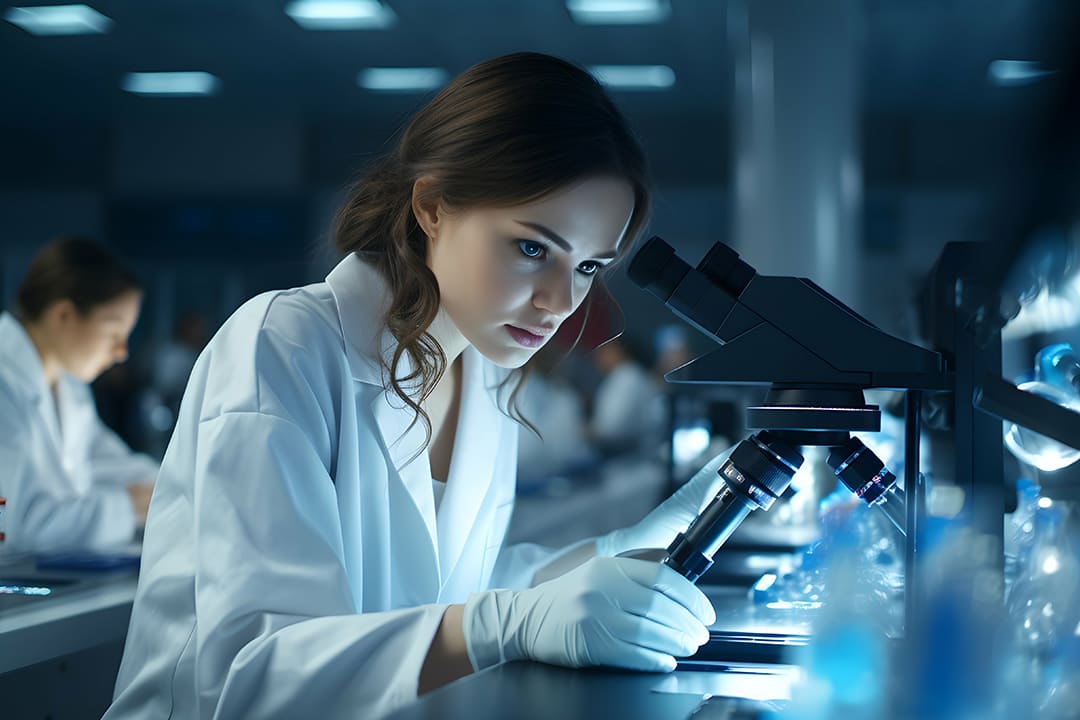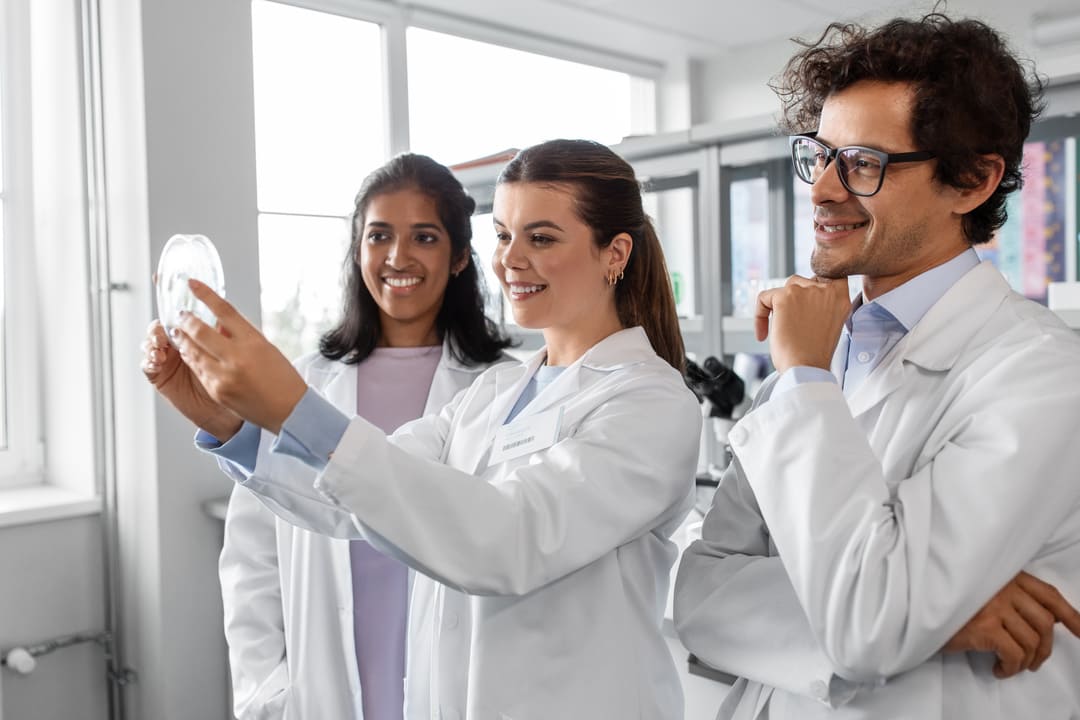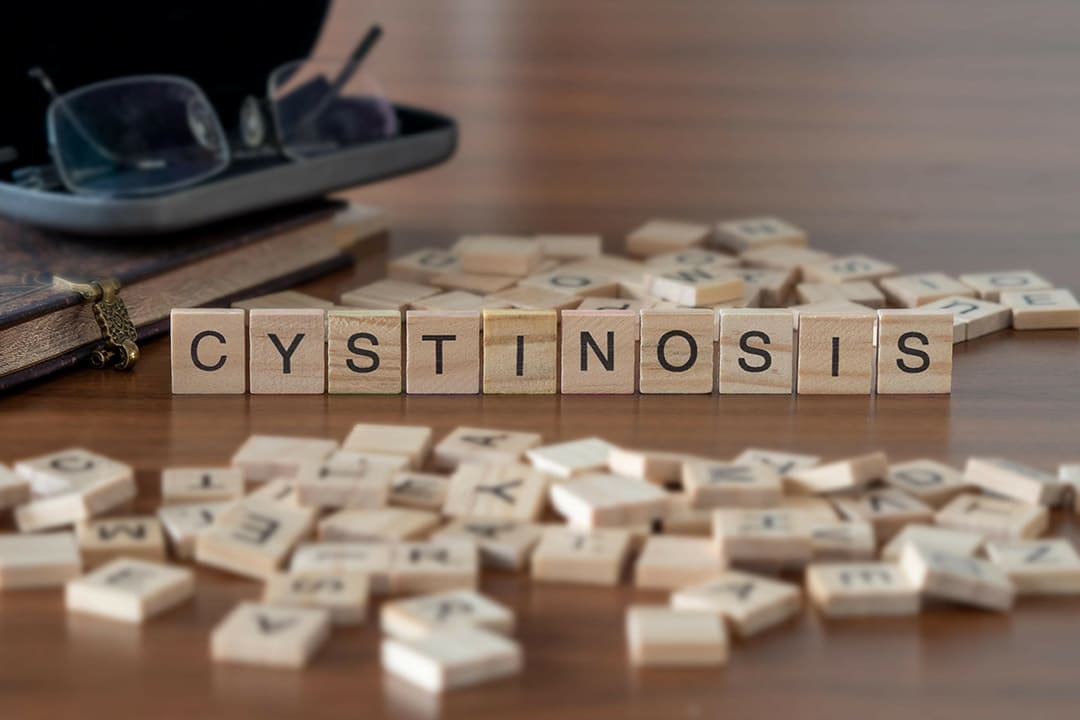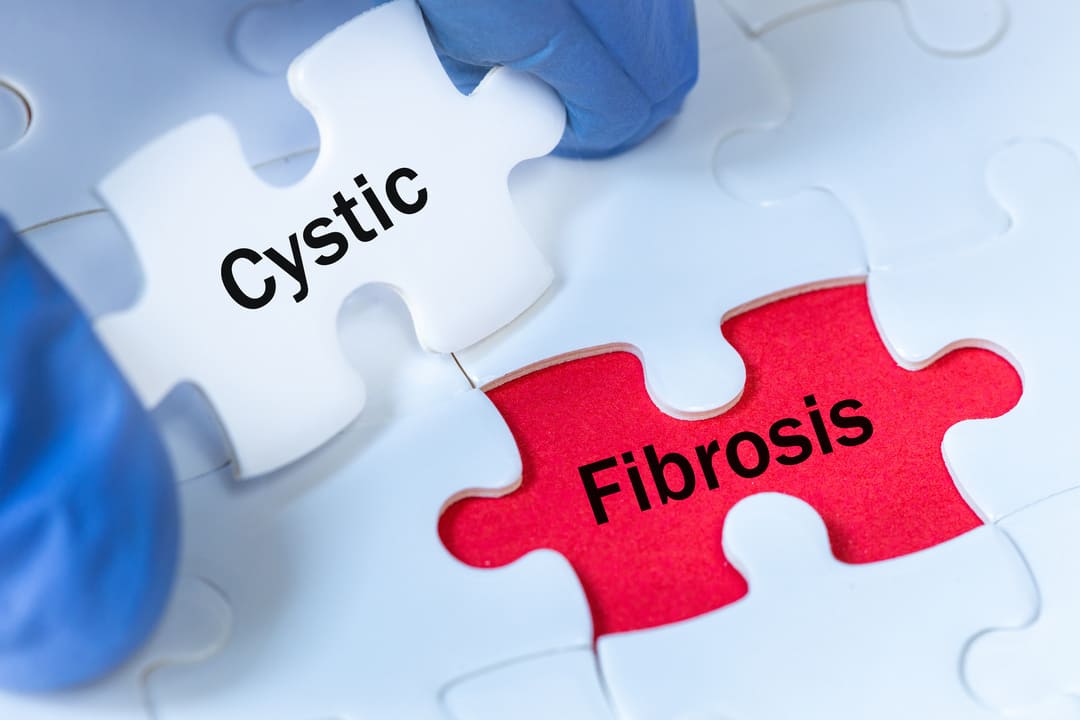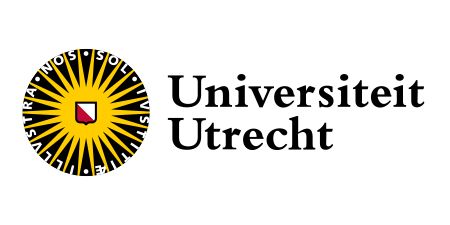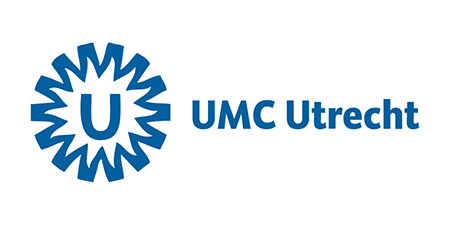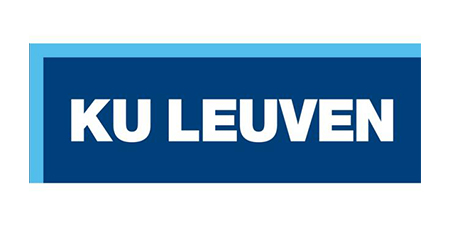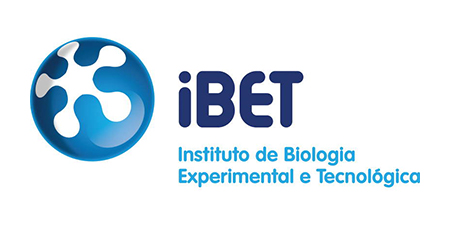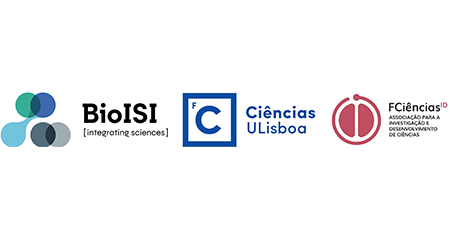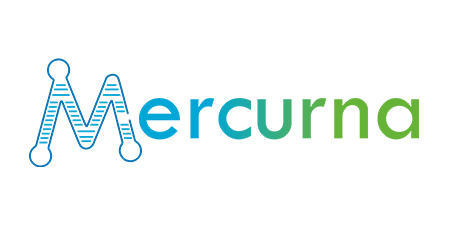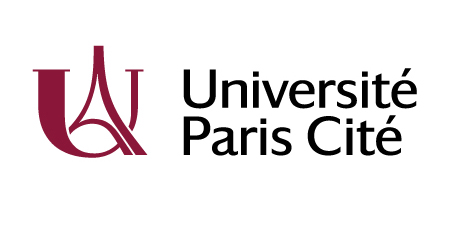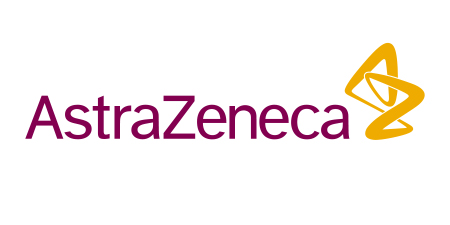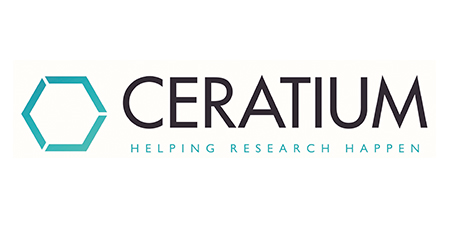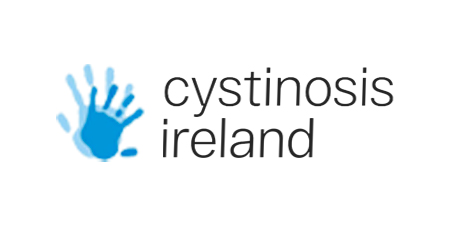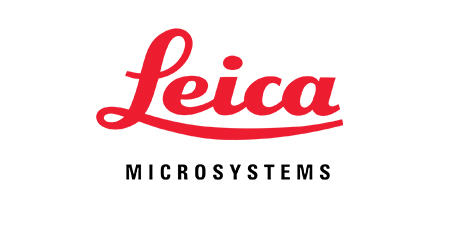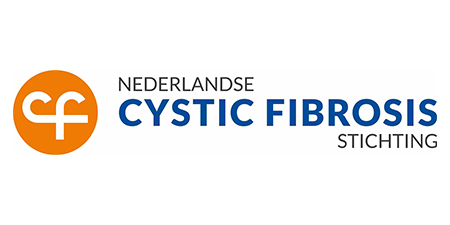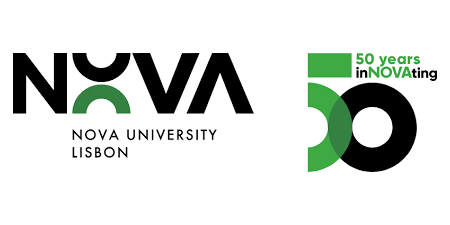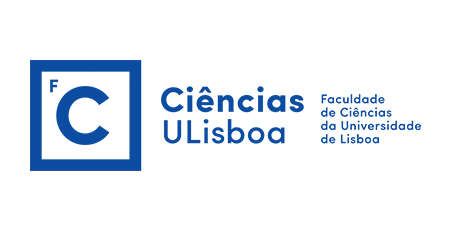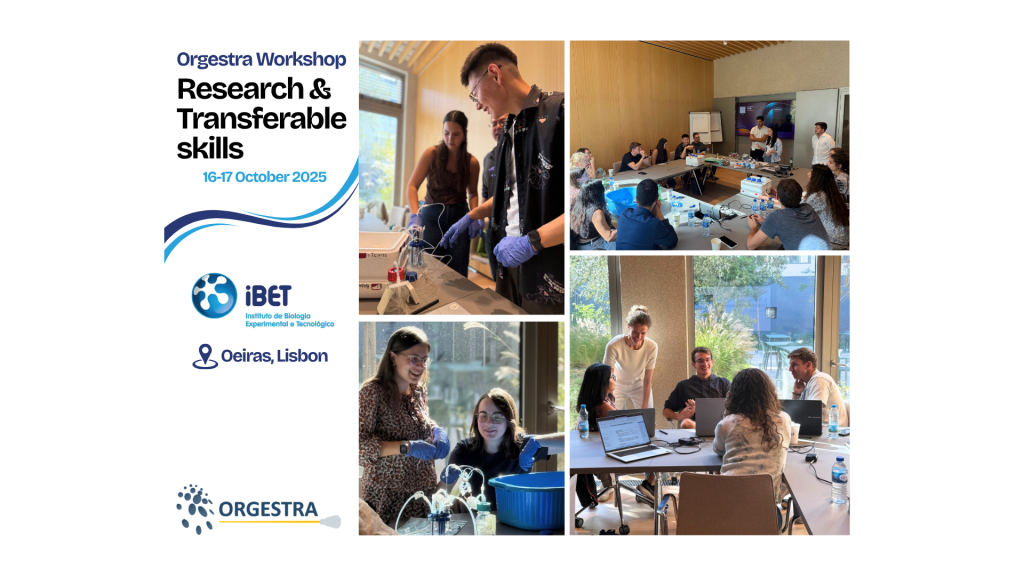Orgestra
Organoid technologies for disease modelling, drug discovery and development for rare diseases.
About the Orgestra project
We are an EU funded MSCA Joint Doctoral network that will train thirteen doctoral candidates in developing personalized disease models using stem cell-derived organoids for rare diseases, including the lung and kidney diseases, cystic fibrosis and cystinosis.
Research will aim to identify pathogenetic mechanisms, druggable targets, and drug mode of action for effective and innovative treatment strategies and to classify the pathway to clinic. We will also address ethical and regulatory issues to foster acceptance and implementation of organoid models and develop a living technologies toolset to enable a swift transfer from bench to bedside.
ORGESTRA is a four-year project funded by the EC HORIZON–MSCA-2023-DN-JD Grant Agreement No 101120108, coordinated by the University of Utrecht. The project starts 1st January 2024 and will end in December 2027.
The network is made up of fourteen partners from seven European countries providing international, intersectoral and interdisciplinary training that brings together molecular biologists, engineers, pharmacologists, clinicians, epidemiologists and ethicists, to give each of our doctoral candidates a unique, joint-doctoral training experience complemented by a rich network training programme.
Meet our Doctoral Candidates
Our network partners are
Associate Partners undertaking training/secondments or degree awarding include:
Latest news
Open Science Day in KU Leuven
On Sunday, 23rd November, two of our DCs welcomed many curious minds to the Open Science Day at KU Leuven as part of the Leuven Institute for Rare Diseases. From poster presentations, deep-dive explanations and lab tours, both DCs brought their research on...
Workshop in Lisbon | Research & Transferable Skills
On October 16–17, we were invited to iBET in Oeiras, Lisbon, for a two-day workshop on Research and Transferable Skills. 💡 Day 1 focused on the research at iBET, exploring advanced 3D cell models, omics technologies, and bioprocesses for stem cells and organoids,...
